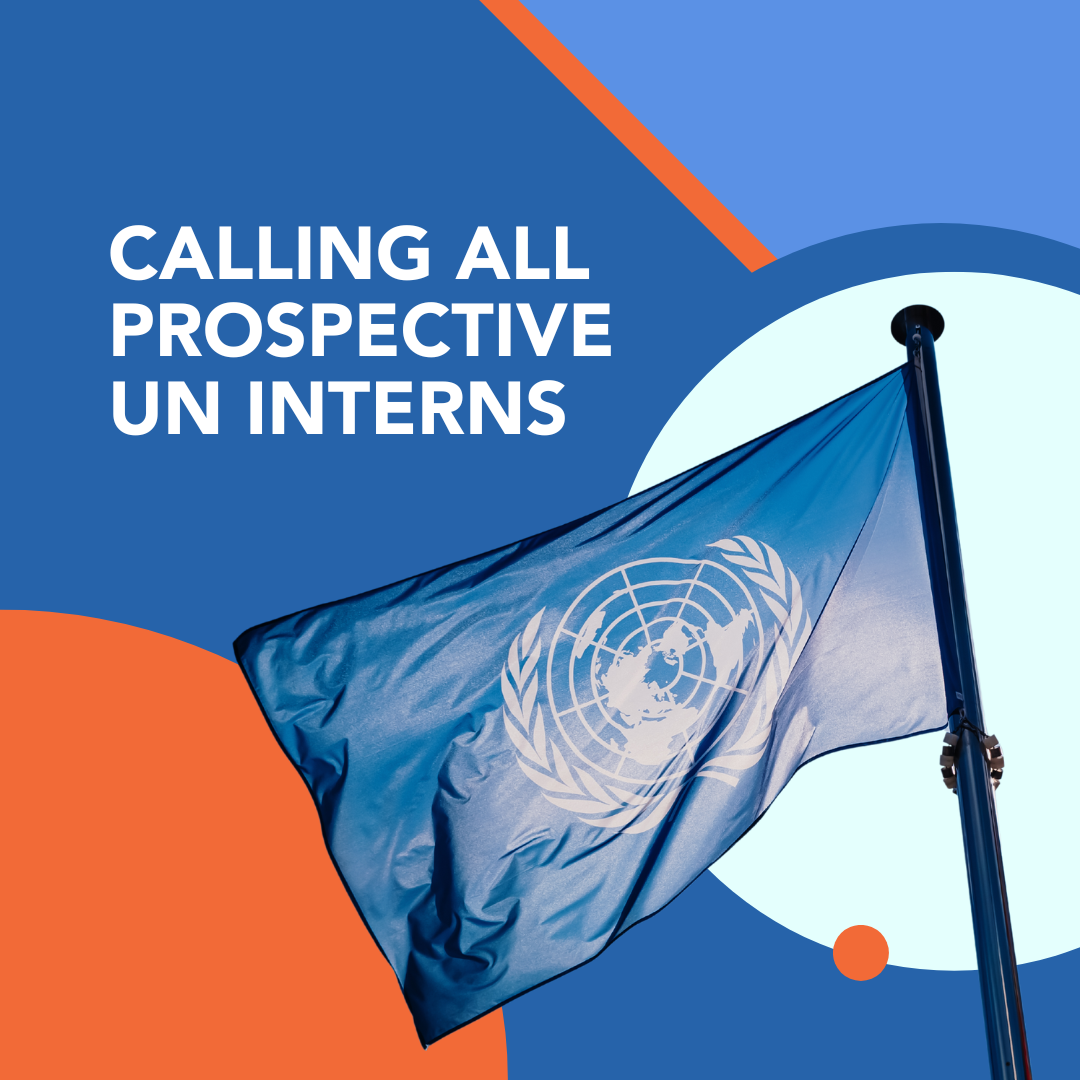UN Intern Reflection: Isabel Reardon, UNA-USA Fellow
Adriana Tavares is an Intern United Nations Relief and Works Agency for Palestine Refugees in the Near East in Amman, Jordan. Isabel is supported by the grant from the UNA-USA Fellowship Initiative.
When I moved to Amman, Jordan, for my internship at UNRWA Headquarters’ Ethics Office, I thought I would stay for three months. But thanks to the support of my UNA-USA fellowship, three months quickly became four, then five, then six. It wasn’t until nine months later that I moved back to New York City, with plans to revisit Amman soon.
At UNRWA, I worked with colleagues to communicate agency policies on the humanitarian principles, ethical dilemmas, and the protection against sexual exploitation and abuse. I wrote, edited, and designed presentations, agency-wide emails, speeches, reports, and pamphlets for the Ethics Office and occasionally for the Commissioner-General. I also conducted research to help the office implement best practices, took meeting minutes and workshop notes, and assisted colleagues as needed.
Because I arrived in 2024 in the wake of the Colonna Report, the Ethics Office’s mission to promote the humanitarian principles of humanity, impartiality, neutrality, and independence was under increased pressure and scrutiny. The Israeli government was (and is) using unsubstantiated accusations of neutrality breaches against a small number of UNRWA staff to justify blocking the entire agency from delivering life-saving aid to Palestinians in Gaza, the West Bank, and East Jerusalem, and to call for dismantling UNRWA altogether.
To understand how something like this could happen, I paid particular attention to the humanitarian principles during my internship. I learned that to retain funding and regional access, humanitarian agencies rely on being perceived as neutral and independent by belligerents and donors. But like others before me, I wondered — in the instance that a belligerent or donor is themself biased, how can they make a neutral neutrality assessment of a humanitarian agency?
It became clear to me that the humanitarian principles of neutrality and independence are especially susceptible to authority bias in politicized conflict zones. As Commissioner-General Philippe Lazzarini has put it, Israel’s actions in 2024 represent a “cooption” of those principles to block humanitarian aid. This is a concrete example of how philosophy, my college major, has direct implications for real human lives. The way we think about truth and bias has life-or-death stakes.
In response, I initiated an independent research project that connects social and standpoint epistemology with humanitarian and peacekeeping theory, using the 2024 UNRWA ban as its test case. I am currently developing the project under the mentorship of Professor Abdullah M Awad at the Institute for Critical Thought in Amman as one of two students in their new Scholar’s Program, with a full scholarship. I continue to consult with my former colleagues at UNRWA to ensure that the project is up to date with the latest developments in the field.
My UNA-USA fellowship enabled me to move to Amman for my UN internship. More than that, it afforded me the time and security to stay longer, build meaningful relationships in the region, and develop a deeper understanding of humanitarian ethics and applied epistemology, subjects I will continue to study. For that, I am endlessly grateful.

The UNA-USA Fellowship provides financial support for American undergraduates, undergraduates who have received their bachelor’s degree within one year of graduation, and first year master’s students who have secured unpaid internships with the United Nations. If selected, you can be awarded up to $13,000 for up to four months.
Learn More


